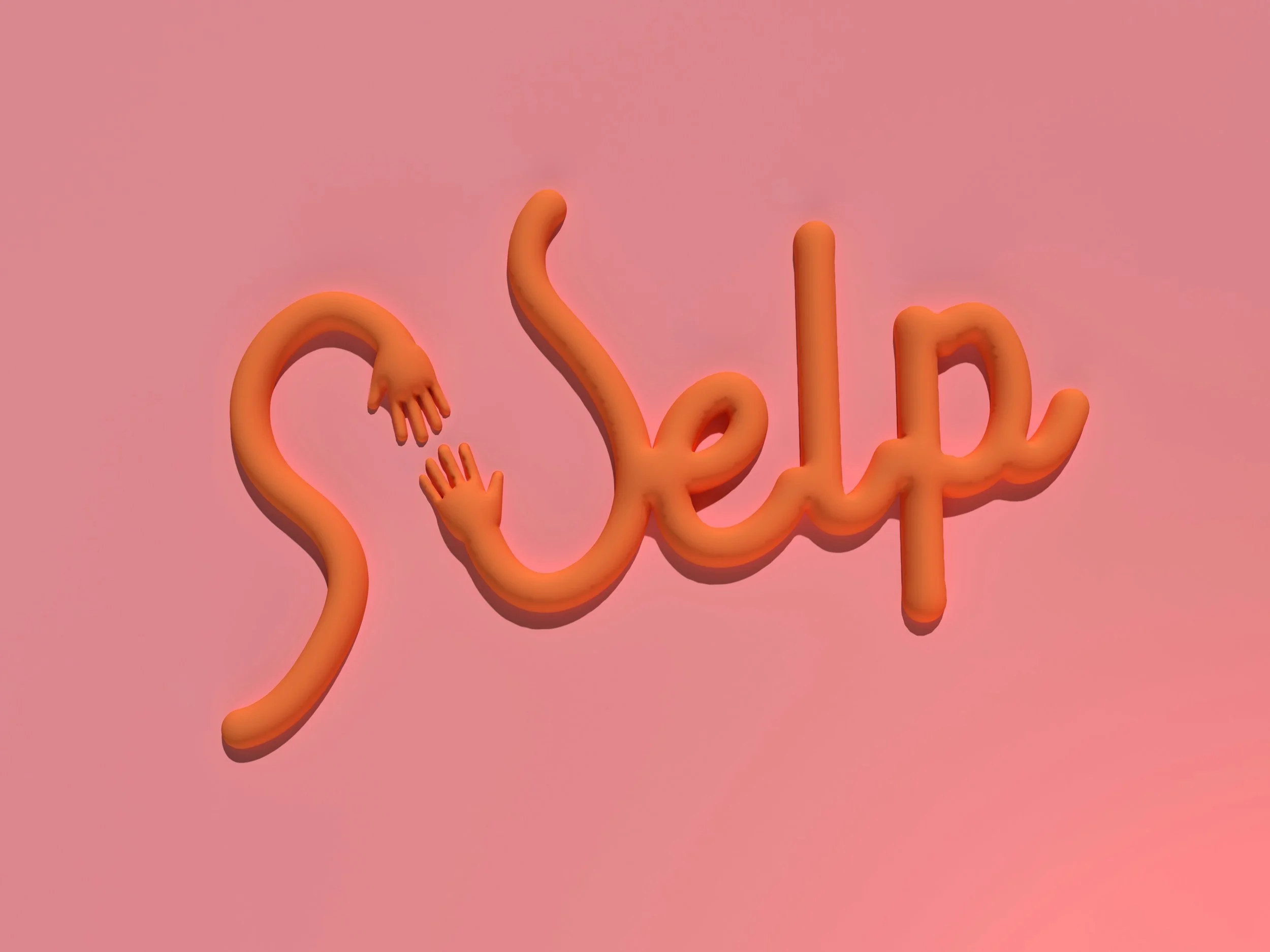The shadow side of self-help: When the quest for better becomes the enemy of being
photo credit: Allison Saeng
The self-help aisle. A beacon of hope, a promise of transformation, a neatly organized collection of answers to life’s myriad challenges. We’ve all been drawn to it, seeking that magic formula, that missing piece to unlock our potential and finally feel - better. But what if the very tools designed to uplift us are, in some ways, subtly chipping away at our sense of self-acceptance and present moment peace? What if the relentless pursuit of better is actually causing more harm than good?
It’s a provocative thought, I know. The self-help industry is a multi-billion dollar behemoth built on the promise of improvement. But let’s peel back the inspirational quotes and success stories to examine a potentially darker side.
Cult of constant improvement breeds inadequacy
At its core, much of self-help operates on the premise that you are not quite good enough as you are. It highlights flaws to be fixed, potential to be unlocked, and levels of achievement to be reached. While the intention might be positive, the underlying message can inadvertently foster a sense of perpetual inadequacy. You’re constantly striving for a future, better version of yourself, which inherently implies dissatisfaction with the present you.
This can lead to a cycle of chasing an ever-moving goalpost. Once you achieve one milestone, the self-help gurus are ready with the next set of challenges and aspirations. You become addicted to the feeling of progress, but rarely truly land in a place of contentment.
The should
Self-help books are often filled with prescriptive advice: “You should be doing this,” “You must eliminate that,” “These are the X habits of highly successful people.” While some guidance can be helpful, a constant barrage of shoulds can create a rigid framework that feels restrictive and guilt-inducing when we inevitably fall short. Life isn’t a perfectly optimized algorithm, and trying to force it into one can lead to unnecessary stress and self-criticism.
Illusion of a one-size-fits-all solution
Human experience is incredibly diverse. What works for one person might be completely ineffective or even detrimental for another. Self-help books often present universal solutions, ignoring the complexities of individual circumstances, personalities, and cultural backgrounds. This can leave readers feeling like they are the problem when the advice doesn’t magically transform their lives.
Trap of external validation
The pursuit of self-improvement can sometimes become a quest for external validation disguised as personal growth. We seek the approval of gurus, the admiration of others for our progress, rather than cultivating an internal sense of self worth. This external focus can be fragile and ultimately unsatisfying.
Neglect of the present moment
The relentless focus on future transformation can pull us away from appreciating the beauty and lessons of the present moment. We become so fixated on becoming better that we miss the richness of simply being. True peace often lies not in achieving some idealized future self, but in accepting and finding joy in the here and now.
Potential for avoidance
Sometimes, diving into self-help can be a form of procrastination or avoidance. We spend hours reading about how to fix our lives instead of actually engaging with the messy reality of them. It can become a comfortable distraction from the real work of self-discovery and acceptance.
It’s not all bad, but awareness is key
It’s important to acknowledge that self-help books can offer valuable insights, tools, and motivation for positive change. However, it’s crucial to approach them with a critical and discerning eye.
Here’s how to navigate the self-help landscape more mindfully -
Be skeptical: Don’t blindly accept every piece of advice as gospel. Consider your own unique circumstances and intuition.
Focus on self-acceptance first: True growth often stems from a place of self-compassion and acceptance, not self-loathing.
Prioritize action over consumption: Reading endless self-help books without taking meaningful action is unlikely to lead to lasting change.
Look inward: The most profound answers often lie within. Use self-help as a starting point for your own exploration, not as the ultimate authority.
Embrace the messiness of life: Growth isn’t linear or perfect. Allow for setbacks and imperfections.
Seek connection and community: Real-life support and connection can be far more valuable than the often-isolated act of reading a book.
The journey of self-discovery and growth is a deeply personal one. While self-help books can offer guidance, let’s be wary of the subtle ways they might inadvertently fuel our insecurities and pull us away from the profound peace of simply being ourselves, imperfections and all. Perhaps the most helpful step is to gently close the book sometimes and listen to the wisdom that already resides within.
Created for the conscious, curious, creative woman making sense of space, place & pace - one pattern at a time.
© StarCozi, 2026. All observations, analysis, and visual annotations are original work unless otherwise credited.


